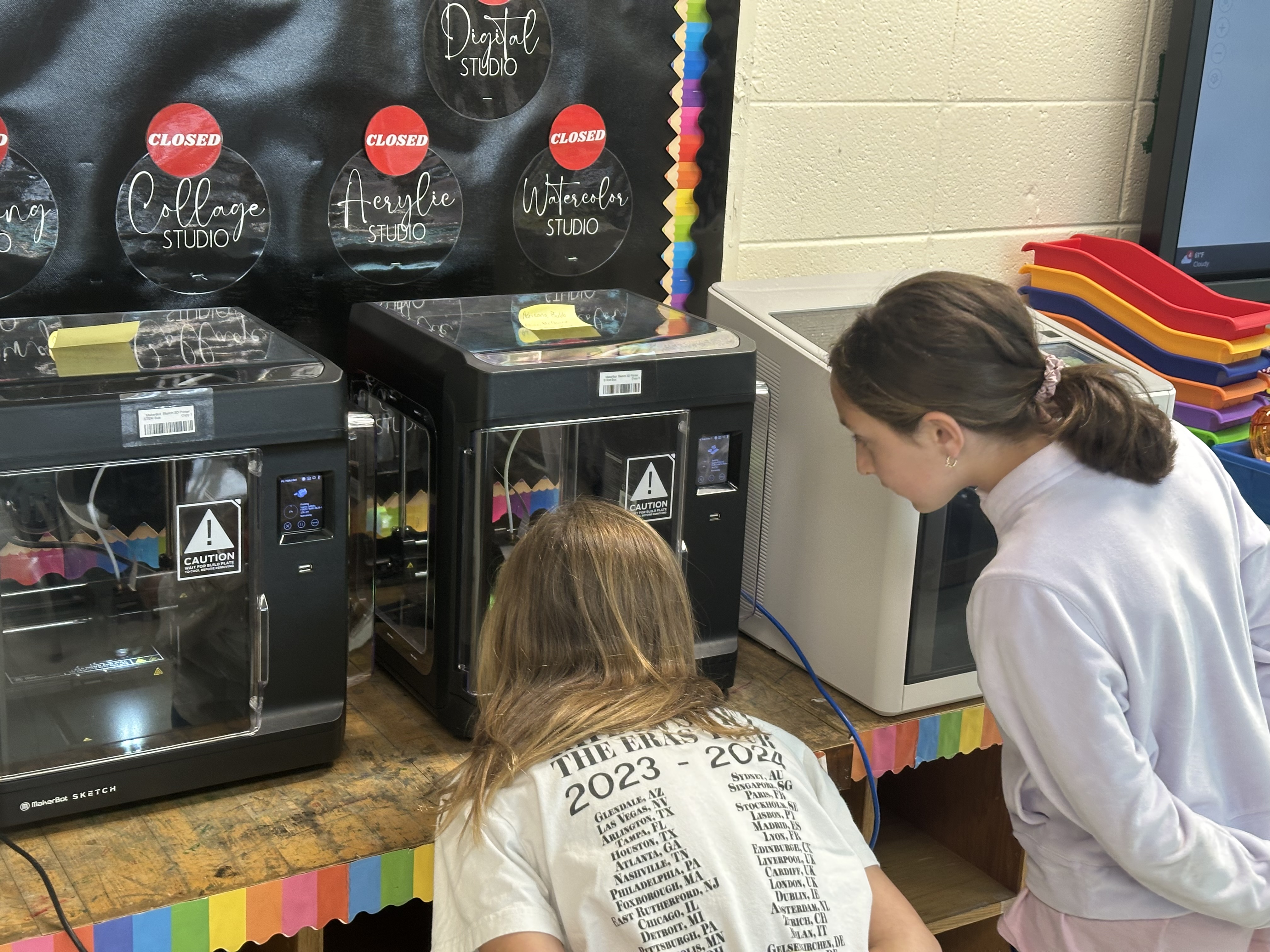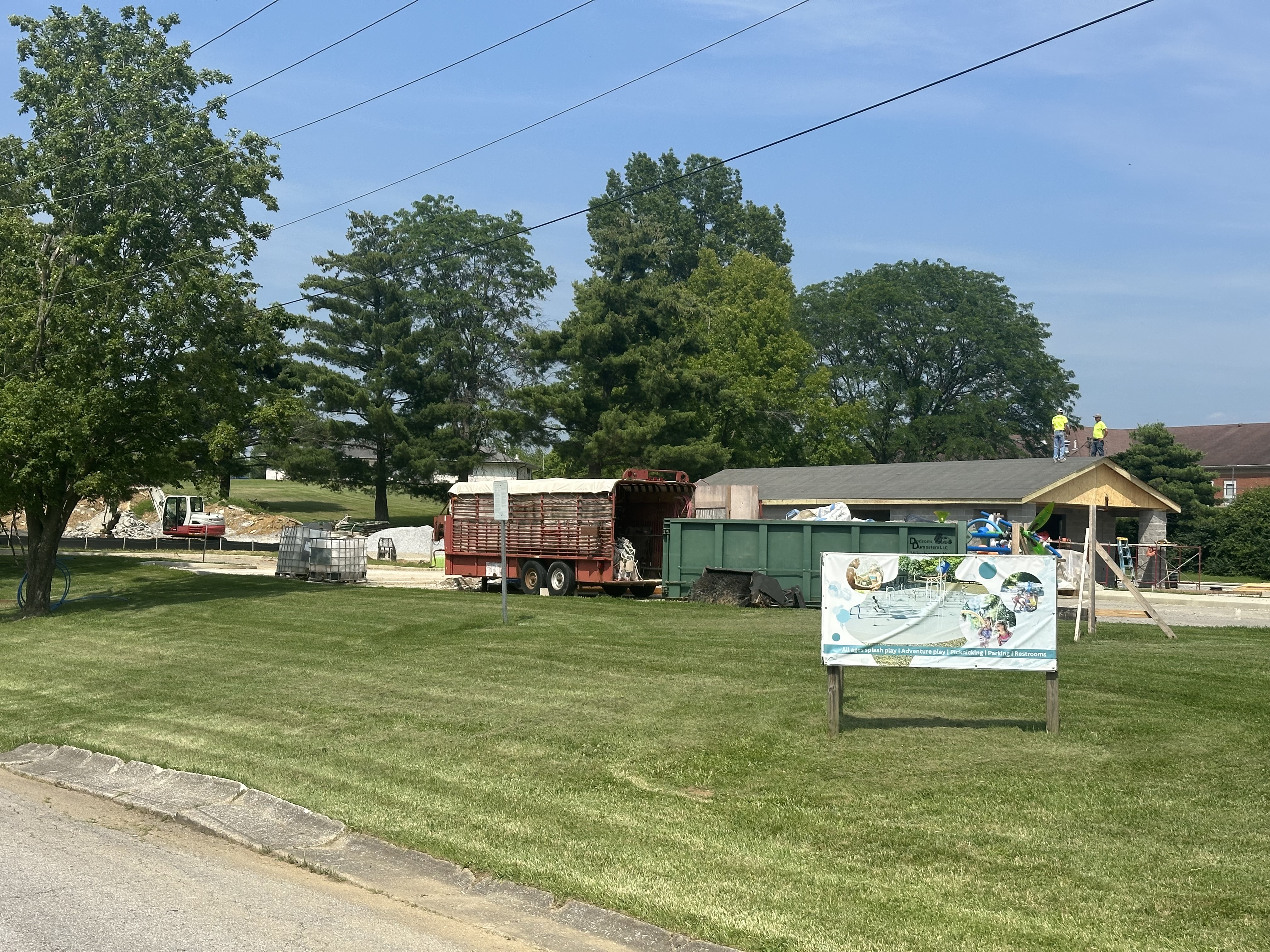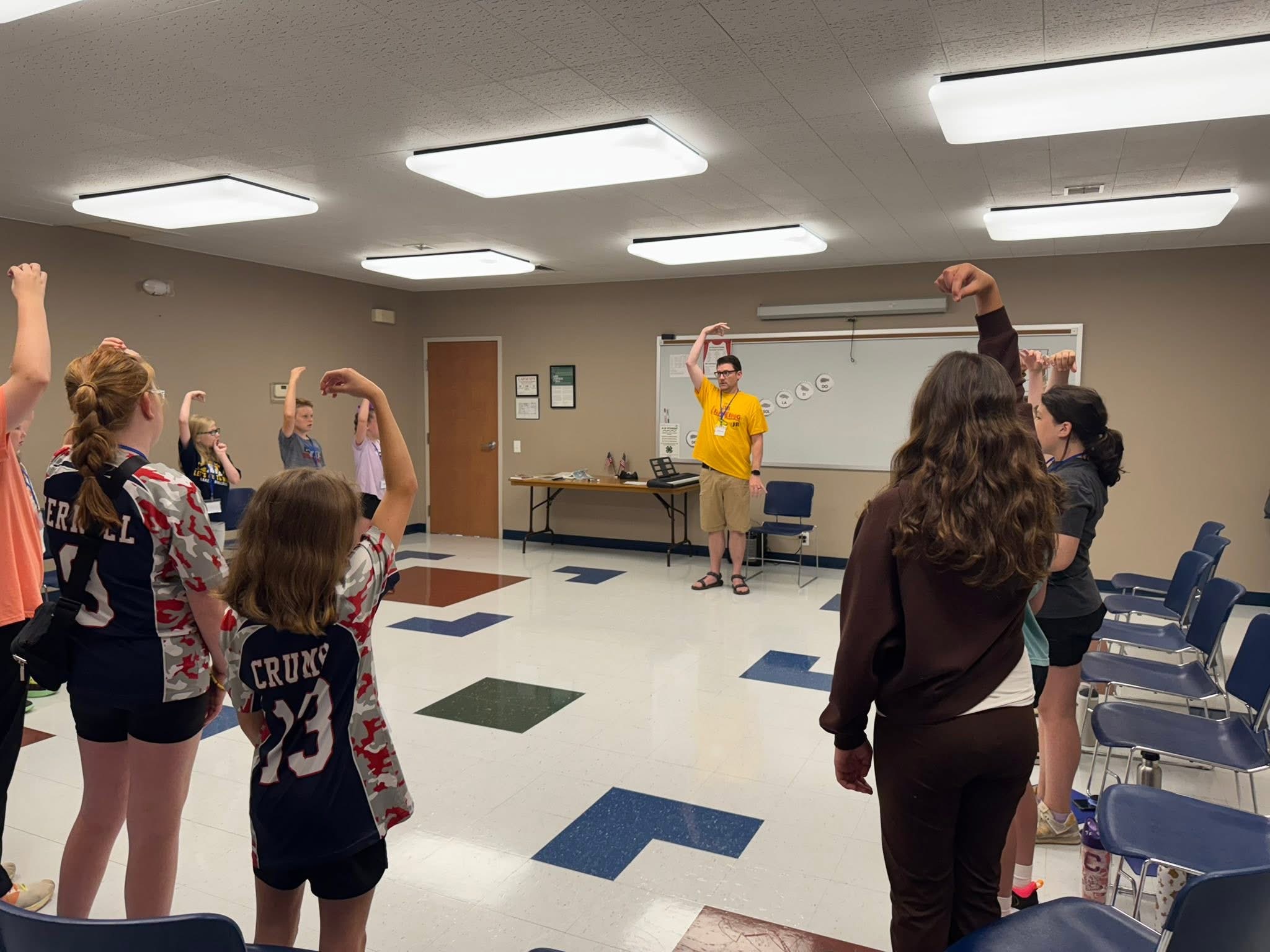Living It Up: Cancer rehabilitation program gives patients a chance to regain their lives
Published 11:37 am Wednesday, June 26, 2019

- Megan Grose with patient Gladys Rice. (Photo submitted)
Gladys Rice has had cancer three times.
Rice, 77, was in a wheelchair. She couldn’t walk. She couldn’t do things around her house. She couldn’t drive.
But then she saw a commercial on TV. KORT Physical Therapy offered cancer rehabilitation services.
Rice knew she was the perfect candidate. She signed up for the program and has traveled to Winchester from Campton for the past five months.
Megan Grose, the primary physical therapist overseeing KORT’s cancer rehabilitation program in Winchester, said Rice can now walk unassisted. She can drive, and she can work in her yard. She can do her housework again.
It’s stories like Rice’s that remind Grose why she became a physical therapist.
Grose said she always wanted to be a physical therapist. She always wanted to help people and serve others. But the cancer rehabilitation program holds a special place in her heart.
“The cancer population is a passion to me because I’ve had so many loved ones affected by cancer,” Grose said. “And I feel like everybody is affected by cancer in some way, either personally, as an individual, or they care about someone that has had cancer before. So I feel like it’s a patient population that is underserved. And I have a way to help them.”
After all, chemotherapy, surgery and radiation can take an enormous toll on the body.
Grose, a Sandusky, Ohio, native who moved to Winchester three years ago, said the goal of cancer rehab is to empower patients to take an active role in their survivorship and to attain the best quality of life during and after treatment.
“Our mission is to help patients with cancer to regain their lives, to help with strength, decrease pain, improve function and get them back to what they enjoy, and also to offer personal support and encouragement,” Grose said.
Grose said some signs cancer patients or cancer survivors may need rehab services include feeling weaker or less flexible, wondering how to prevent lymphedema, experiencing aches and pains, uncertainty about how much or how to best exercise, osteoporosis, tightness or pain, wanting to positively affect blood cell counts during cancer treatment, physical difficulties related neuropathy, cancer-related fatigue or radiation fibrosis muscle weakness.
“We address any deficit that they have as a result of their cancer,” Grose said. “…There’s a lot of issues that can happen because of that; people will develop pain… whatever they’re dealing with, they would come to me … and I would do an assessment. And then we would discuss what their goals are. And my goal for them would be to get them back to their normal life.”
Grose said KORT offers cancer rehab at almost all of its clinics throughout Kentucky. Any patient with a history of a type of cancer or who had surgery because of cancer or has undergone cancer treatment is eligible for rehab services.
“It could be somebody who had cancer 30 years ago,” Grose said. “If they still had issues as a result of that, they’re still appropriate for a program.”
When patients come in, Grose said she would check for range of motion, strength, mobility and endurance; from there, Grose builds a specific program for that patient. With most insurances, patients don’t need a doctor’s referral.
Grose said cancer rehab is part of that continuity of care because an oncologist aims to save a patient’s life, and then, KORT can step in to help patients maintain quality of life while they’re going through treatment or after they’ve gone through treatment.
KORT also connects patients to more resources in the community, furthering that continuity of care for when patients finish the rehab program.
“After they’re done with therapy, we can get them connected to the LIVESTRONG program at the Y, or we can get them connected to support groups or exercise groups, such as Tai Chi, Yoga,
Swimming,” Grose said. “We also allow patients to use our facility like their personal gym after they’re done being a patient. So that helps them maintain the strength that they’ve gained while they were a patient.”
Grose said a large part of her job is also just being emotional support for patients.
“I get to see these patients more than their doctors do,” Grose said. “So they become like family to me. People are able to confide in me. And I feel like I’m a good listener. And being able to talk about faith with patients and talk about what they have hope in, I think it helps encourage them. And I feel like I can be that encouragement that they need to keep them going … Sometimes a patient will come in, and we may not even exercise at all, we may talk for an hour. They may have a lot of questions that they feel like they can’t ask their doctor or things that they don’t want to talk about with their family. And I feel like I can be that person for them.”
In the future, Grose said she hopes to make cancer rehab to be the more standard of care with nearly every patient that is going through cancer.
KORT is also trying to be more involved in the community with support groups so that it can educate the community with what services it has to offer as well as trying to inform people via social media by sharing patient testimonials or patient success stories so people can become more aware of the program.
“There’s such a need for it because there are so many people that have been affected by cancer, that have limitations and deficits, and they think they just have to live with them when the reality is we offer this program to help those things,” Grose said. “So people can get back to the things that they enjoy.”







